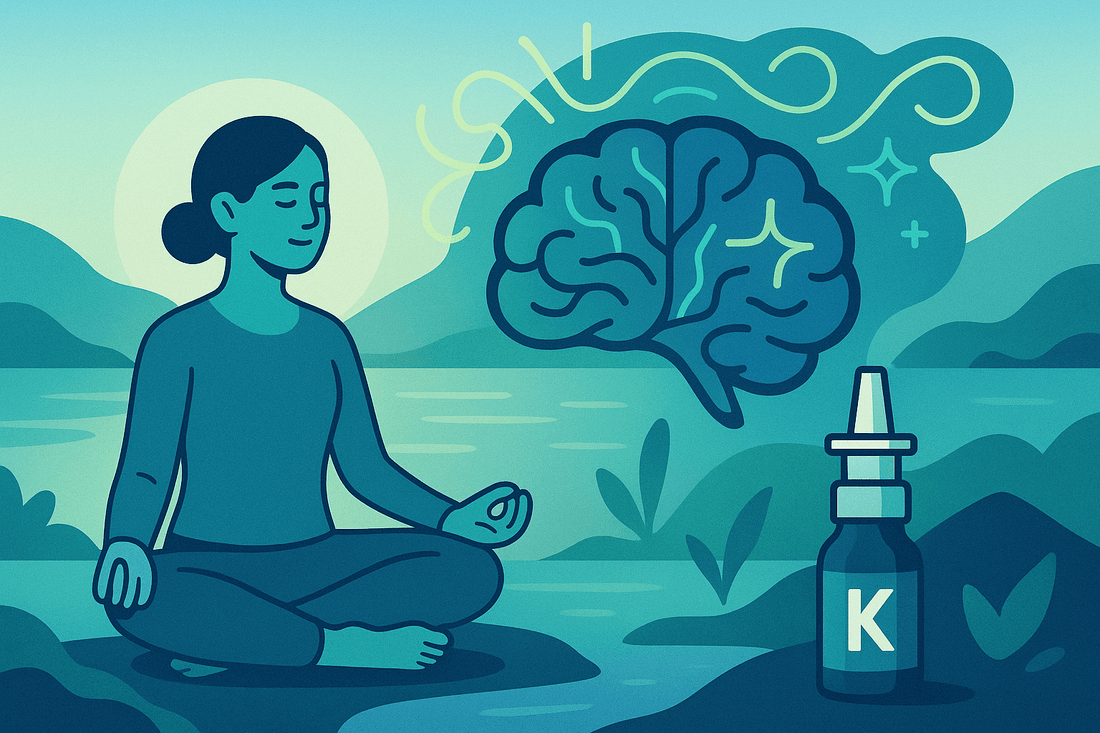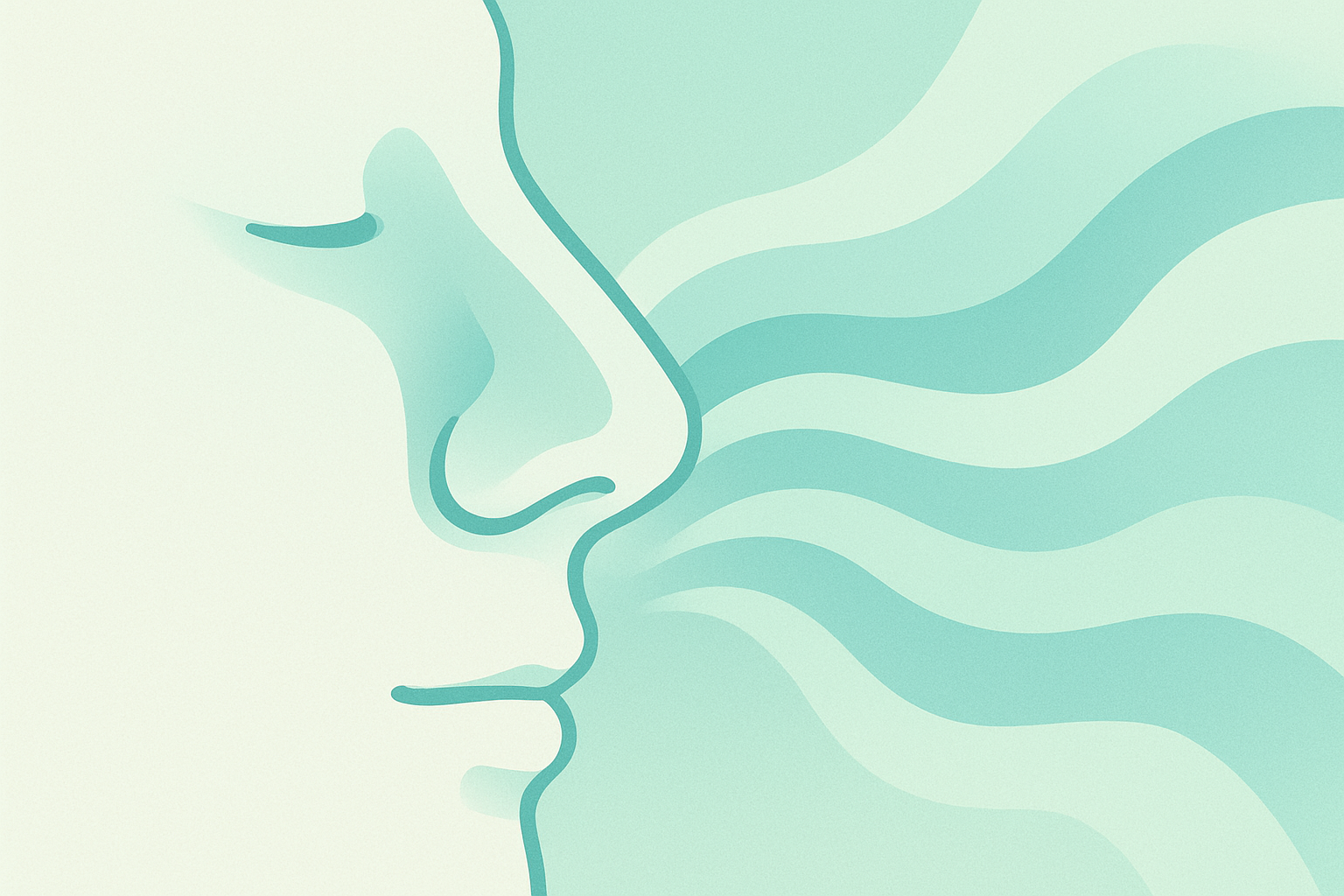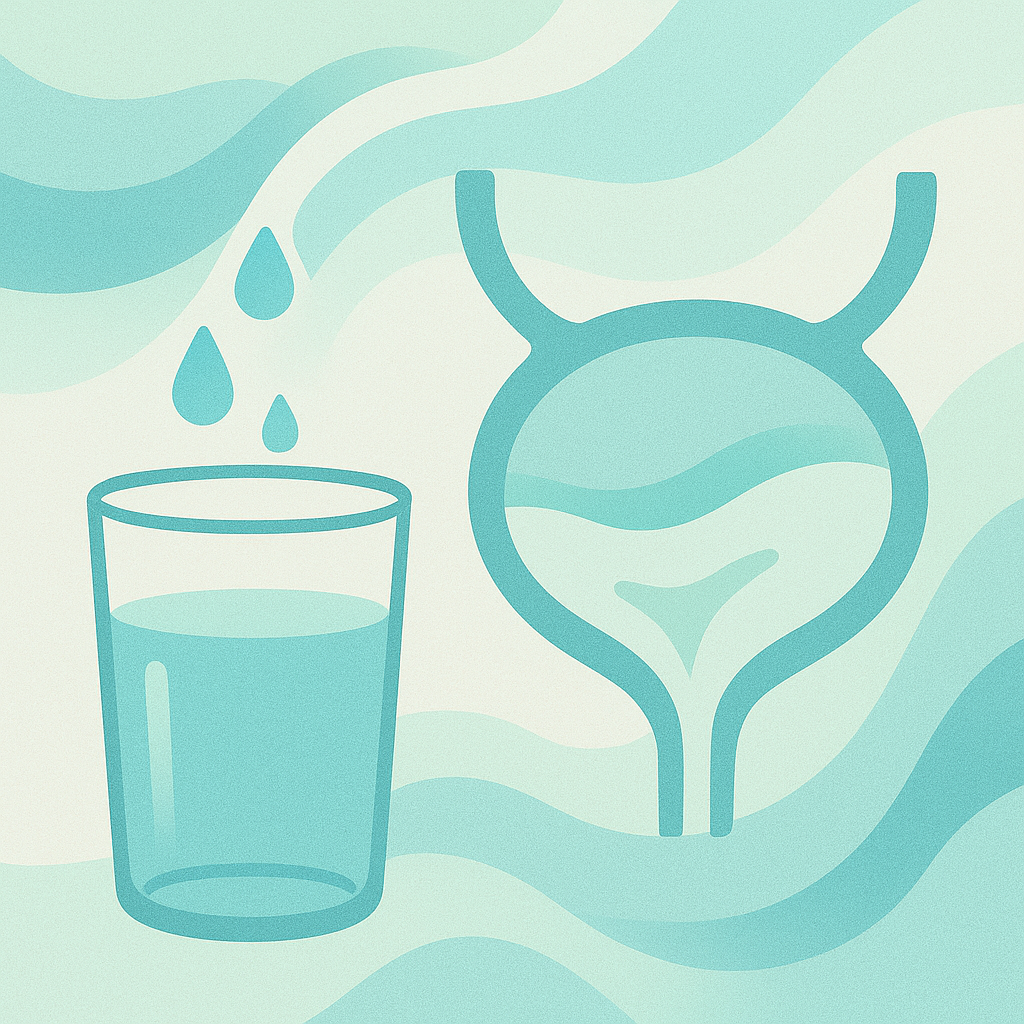
Your Complete Guide to Safer Ketamine Use: How to Stay Healthy & Protect Yourself
Share
Let's get real: recreational ketamine is growing in popularity, and for good reason—it's an interesting substance with profound effects. But regular use isn't without risks. We're here to share scientifically-backed, community-tested tips to help you keep things safe, smart, and sustainable.
How Much Ketamine Is Too Much?
First things first—let's look at what's safe:
| Frequency | Typical Dose (nasal) | Risk Level | Possible Effects |
|---|---|---|---|
| Occasional (<1x/month) | ≤50-75mg | 🟢 Low | Minor irritation |
| Moderate (1-2x/month) | ~75-150mg | 🟡 Moderate | Mild sinus and bladder irritation |
| Regular (weekly) | ~100-200mg | 🟠 Elevated | Bladder issues, sinus inflammation, cognitive impact |
| Frequent (2-3x/week) | ~150-300mg | 🔴 High | Severe bladder and sinus problems, cognitive decline |
| Very Frequent (4x+/week) | >250mg | ⚠️ Very High | Permanent bladder damage, severe cognitive and mental health risks |
Ketamine Harm Reduction Strategies
Protecting Your Sinuses: Keep Your Nose Happy
Snorting anything can be tough on your nose, but a few easy steps make a huge difference:
- Finely Powder & Personal Tools: Crush your K finely and always use your own clean straw or tube.
- Saline Rinse: After use, gently rinse your nasal passages with saline spray or a neti pot.
- Soothe Your Nose: Vitamin E oil or saline gels inside your nostrils post-rinse helps tissues heal.
- Alternate Nostrils: Give your nostrils some downtime by switching sides each session.

Bladder & Urinary Health: Hydrate, Hydrate, Hydrate
Ketamine metabolites can irritate your bladder, leading to serious issues. Here's how to reduce risk:
- Moderation: Less frequent and lower-dose use dramatically cuts risk.
- Stay Hydrated: Drink water before, during, and after use—flush your system to prevent bladder irritation.
- Supplements: Antioxidants like EGCG (found in green tea) or NAC (600-1200mg) might protect bladder cells.
- Know the Signs: Increased urgency, frequency, or pain urinating? Pause your use and see a doctor quickly—early intervention is key.

Keep Your Brain Sharp & Mood Bright
Ketamine impacts your cognitive functions and mental health. Protect yourself with these tips:
- Limit Frequency: Weekly or less is safer—regular breaks help your brain recover.
- Prioritize Sleep: Restful sleep is crucial for brain health. Plan your sessions accordingly.
- Brain-Friendly Supplements: Nootropics like Alpha-GPC, omega-3s, or NAC can help maintain brain function.
- Integration & Reflection: Journal or chat about experiences afterward—turn insights into positives rather than confusion.
General Harm Reduction: Smart Habits
Here are a few more ways to stay safe:
- Test Your Supply: Use drug testing kits—purity matters.
- Avoid Dangerous Mixes: Don't mix ketamine with alcohol, opioids, or other depressants.
- Set & Setting: Use in safe spaces with trusted people, especially for higher doses.
- Regular Check-Ups: Monitor your health regularly—bloodwork and urine tests can catch issues early.
Bottom Line
Ketamine can be enjoyable and even insightful, but only when used mindfully. Follow these harm reduction tips and your body and brain will thank you. As always, stay informed, stay safe, and if things ever feel off, take a step back and recalibrate.
Stay healthy, stay safe, and have no bad days.
— The No Bad Days Team
Want to go deeper?
🧠 Cognitive & Neurological Effects
- Long-Term Cognitive Impairments: Chronic ketamine use has been linked to spatial memory deficits and reduced activation in the hippocampus and parahippocampal gyrus. BioMed Central+2Frontiers+2PMC+2
- Neuroplasticity and Brain Structure: Repeated ketamine exposure may lead to decreased dopamine neurons in mood-regulating regions of the midbrain, potentially contributing to cognitive and behavioral changes. Columbia News
💧 Bladder & Urinary Health
- Ketamine-Induced Cystitis: Regular ketamine consumption increases the risk of cystitis symptoms by 3- to 4-fold, with cessation often leading to symptom improvement. PMC
- Bladder Damage Mechanisms: Ketamine use can lead to bladder dysfunction, including fibrosis and inflammation, potentially resulting in severe urinary tract issues. Nature
- Potential Protective Effects of EGCG: Animal studies suggest that epigallocatechin gallate (EGCG), found in green tea, may reduce ketamine-induced bladder damage, though human studies are lacking. DanceSafe
👃 Nasal Health & Administration Risks
- Nasal Tissue Damage: Repeatedly snorting drugs like ketamine can cause significant damage to the nasal passages, including inflammation, ulceration, and septal perforation. American Addiction Centers
- Long-Term Nasal Effects: Chronic intranasal ketamine use may lead to persistent nasal issues, such as chronic rhinitis and structural damage.
🧪 Harm Reduction & Supplement Use
- Bladder Protection Strategies: Staying well-hydrated and moderating ketamine use frequency are key strategies to minimize bladder damage. San Francisco AIDS Foundation
- Supplement Caution: While EGCG shows promise in animal models for bladder protection, excessive intake can be toxic to the liver; moderation is essential. DanceSafe